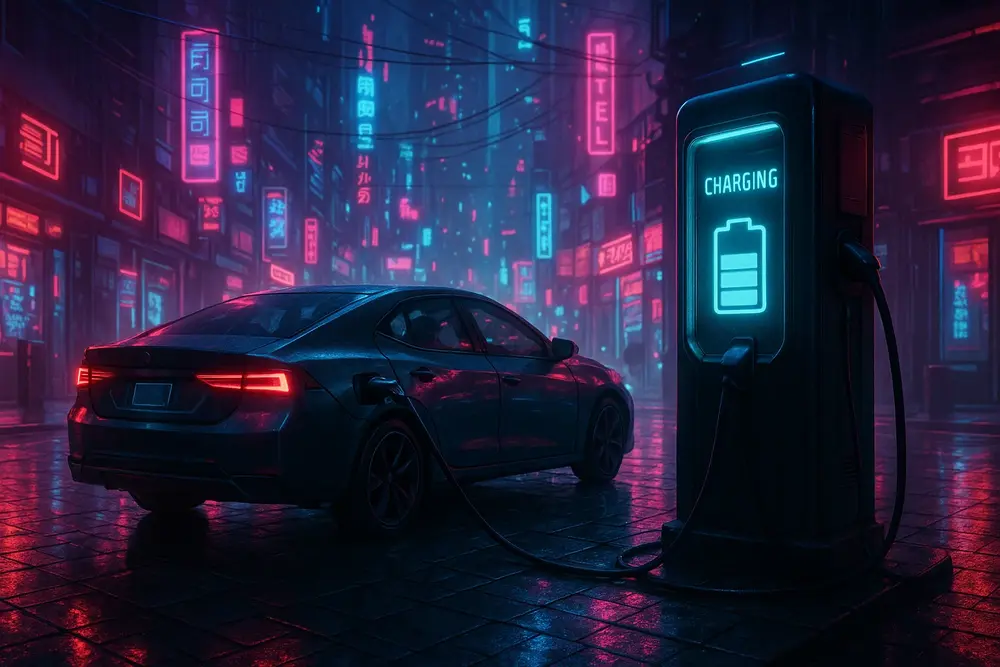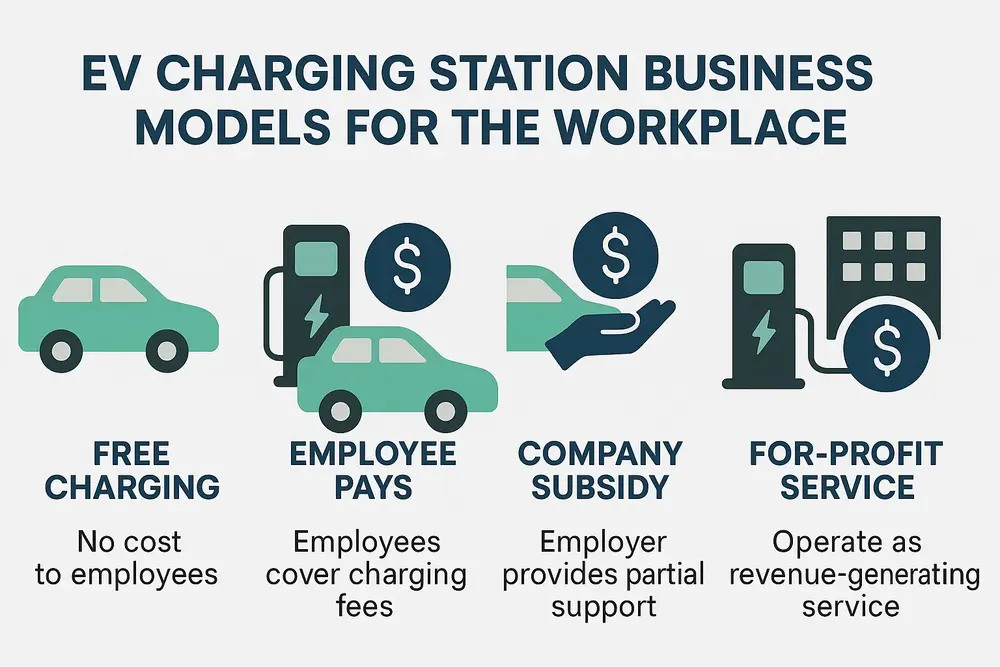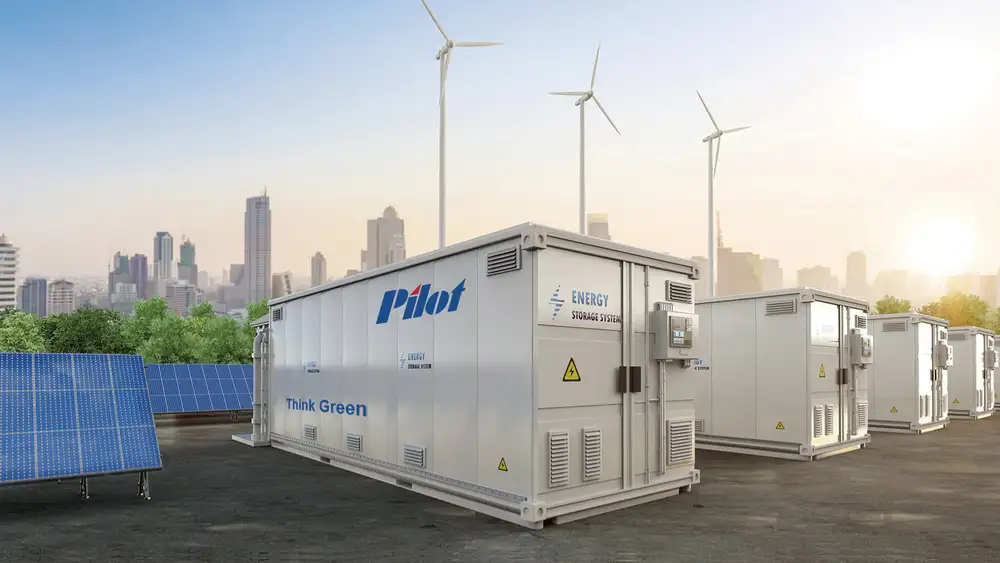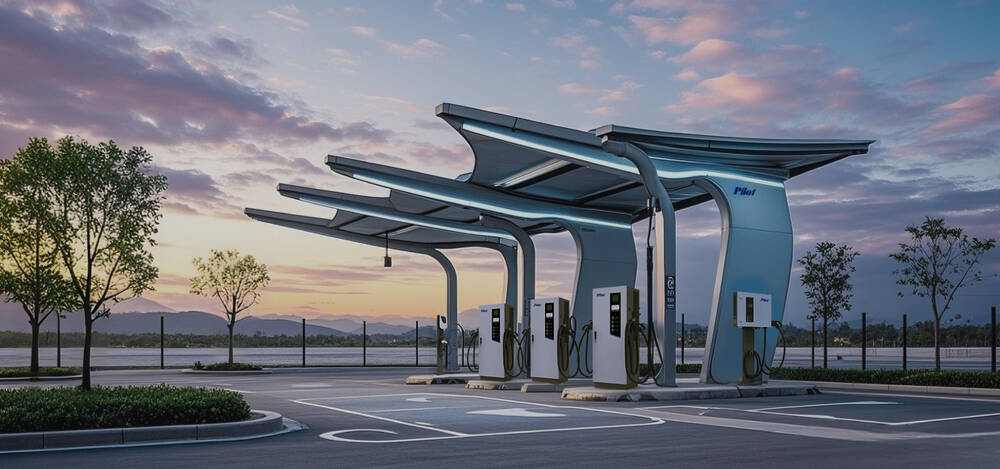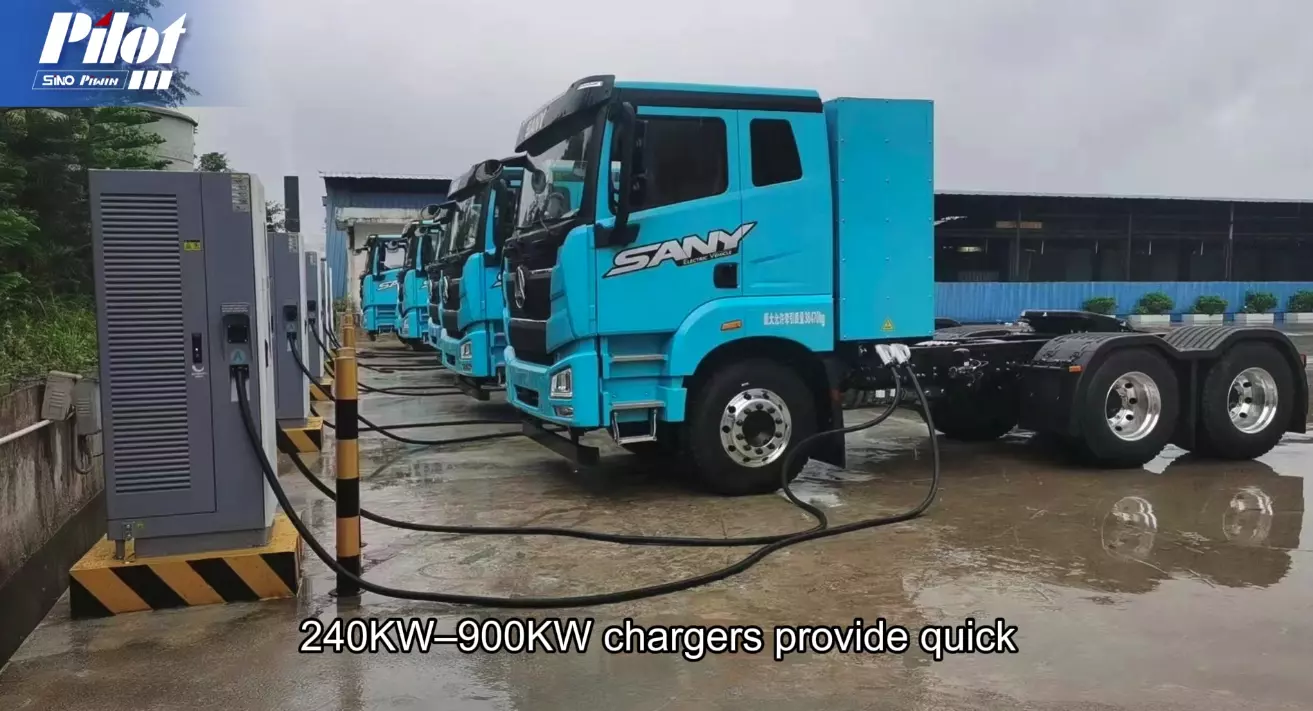
Products
Fast, Reliable, Everywhere

Solutions
Efficient, Innovative EV Charging Solutions.
News
We are committed to the innovation and application of EV charging.
With the global electric vehicle (EV) count expected to hit 130 million by 2030, and widespread pledges by carmakers and governments to fully embrace electrification, EV charging infrastructure has become an urgent priority. Businesses worldwide are exploring how to integrate EV charging into their operations—whether to support employees, boost sustainability, or unlock new revenue streams.
